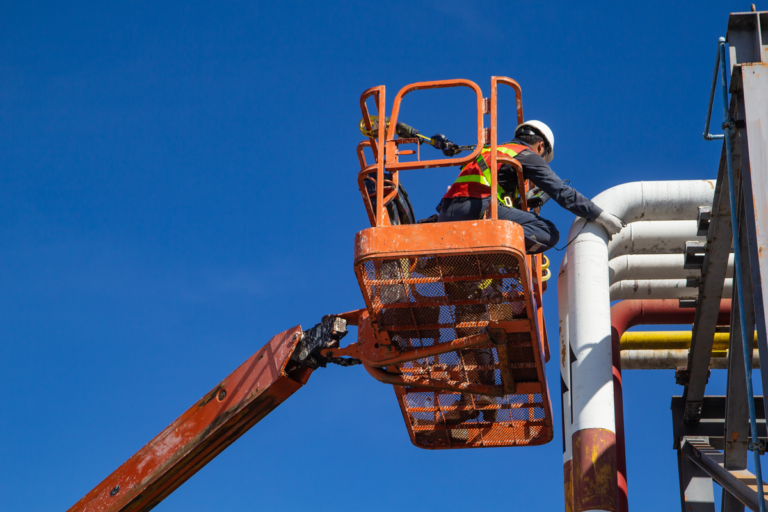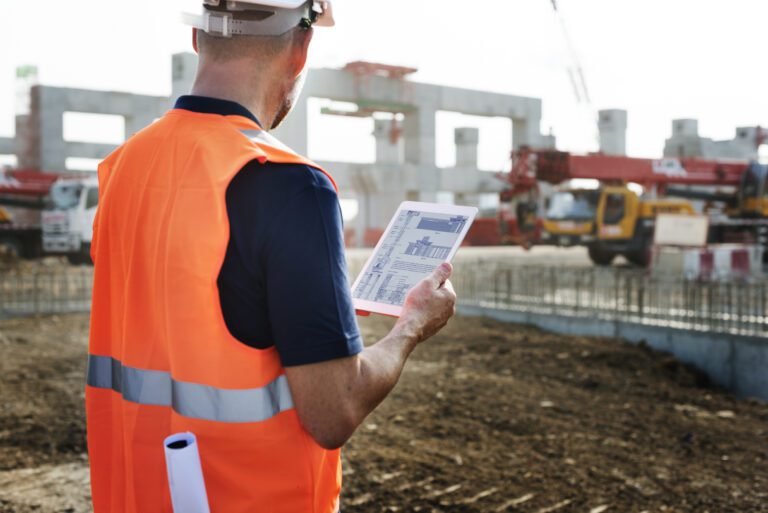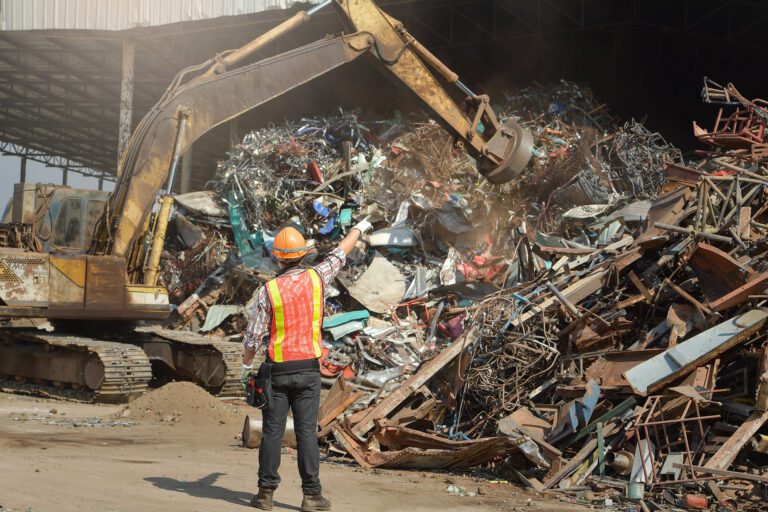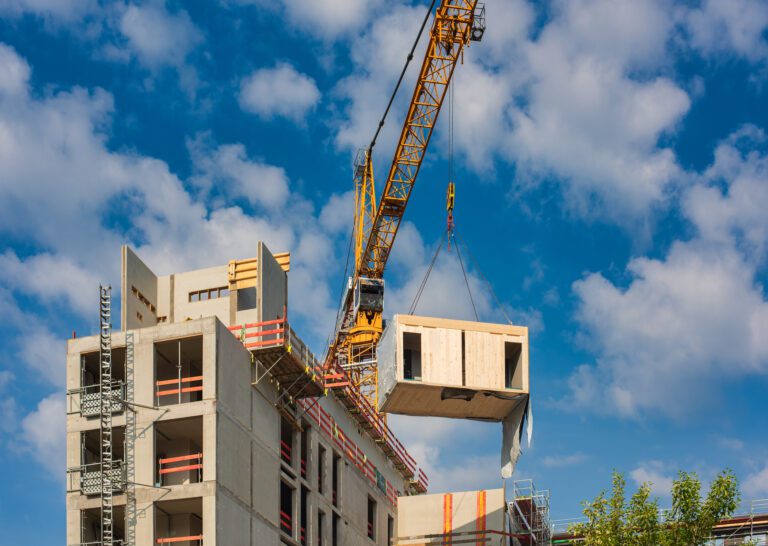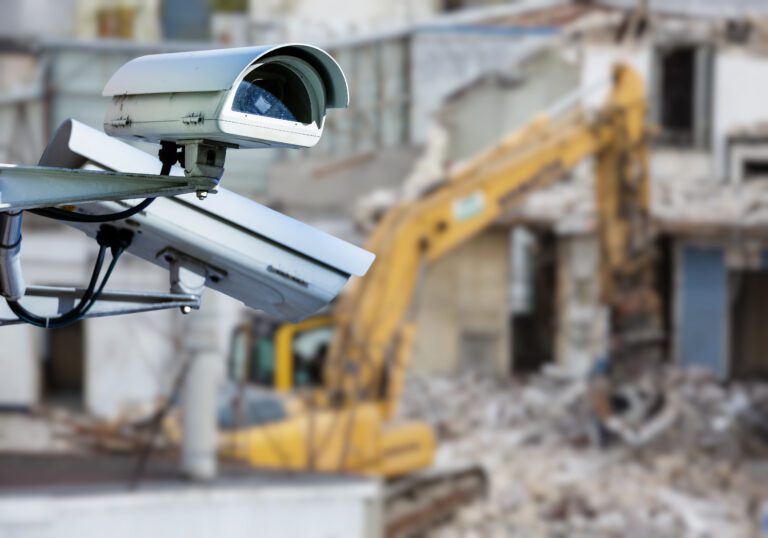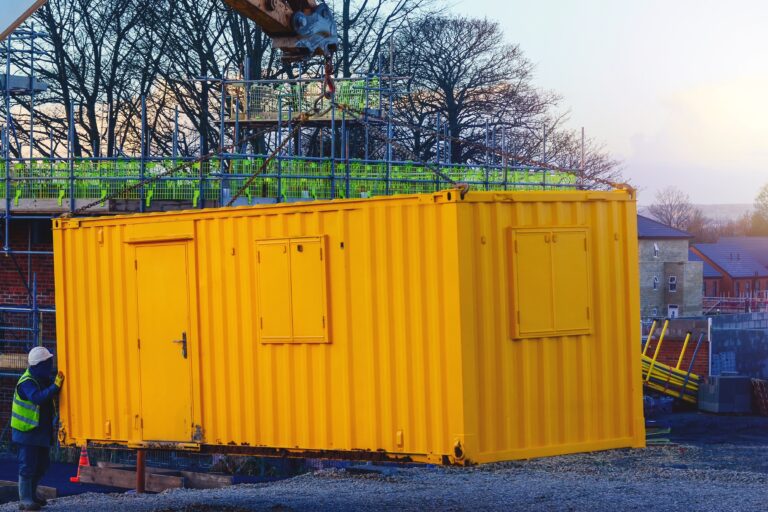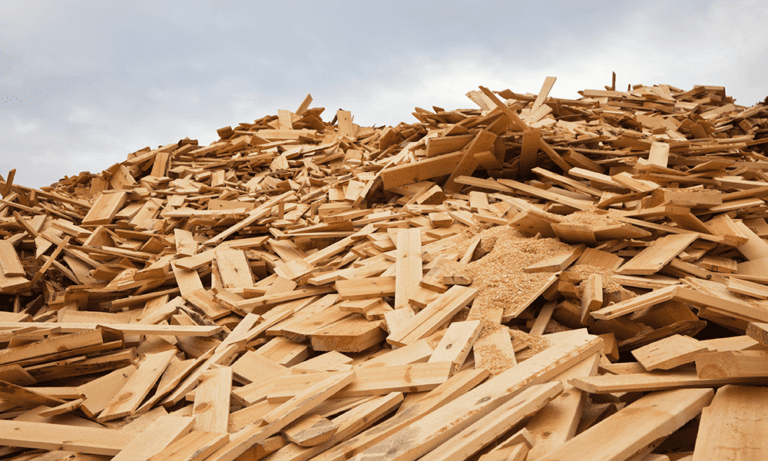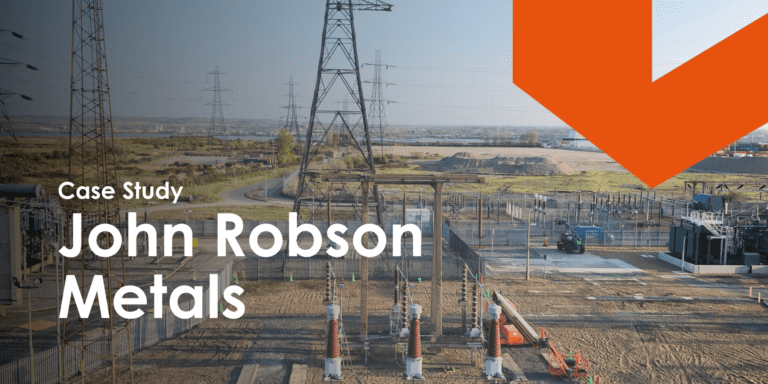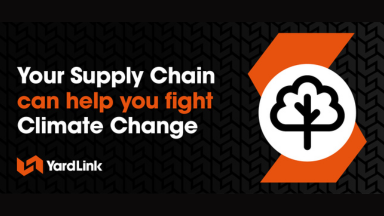2nd February, 2024
Welfare Facilities On Construction Sites: Requirements And Regulations
The CDM Regulations state that construction contractors must provide welfare facilities for their employees, including toilets, break areas, etc.
The Construction Design and Management Regulations, better known as the CDM Regulations, established a standard of conditions for construction workers across the UK. If construction contractors fail to provide the welfare units outlined in the CDM Regulations, they can face fines or far worse.
Whether managing a large-scale industrial construction project or a small domestic job, you must adhere to the CDM legislation. The regulations cover almost all the most common construction tasks, and a few that might surprise you.
Let’s examine the ins and outs of the CDM Regulations.
Everything You Need to Know About CDM Regulations
In 2015, the HSE published the CDM regulations and set a precedent for welfare facilities in construction. The regulations cover health, safety, and welfare.
So, what welfare facilities are required on a construction site?
- Toilet facilities
- Washing facilities
- Water
- Rest areas
- Changing rooms
- Somewhere to eat and drink during breaks
The HSE has attached extra guidance for a few of the requirements. For example, toilet and washing facilities must be “adequate”. The HSE goes on to explain what “adequate” means.
- There are enough toilets and washbasins; people should not have to queue long to go to the toilet.
- Separate facilities for women and men where possible. If this is impossible, the facilities should have lockable doors.
- Walls and floors should be tiled or covered in a suitable waterproof material to make them easier to clean.
- Consideration for the needs of those with disabilities.
The HSE has different requirements for male and female toilets.
- There must be one toilet and washbasin for every one to five women at work.
- There must be one toilet and washbasin for every one to fifteen men at work.
For more information, read the HSE’s Welfare at Work guidance.
Do You Always Need Welfare Facilities?
The simple answer is yes. For every construction project, there should be adequate welfare facilities.
It is important to remember that the CDM Regulations apply to construction work, not just construction projects. The term “construction work” covers a much broader range of tasks.
What Is Construction Work?
According to the CDM regulations, “‘construction work’” means the carrying out of any building, civil engineering or engineering construction work and includes-
- (a) The construction, alteration, conversion, renovation, repair, or other maintenance (including the use of water or corrosive or toxic substances) decommissioning, demolition, or dismantling of a structure
- (b) The preparation of construction work for a structure, including site clearances, exploration, investigation, and the clearance or preparation of the site or structure for use in the future
- (c) The assembly of prefabricated elements or the disassembly of prefabricated elements which formed a structure immediately before the disassembly
- (d) The removal of a structure or any product or waste resulting from the demolition or dismantling of a structure
- (e) The installation, commissioning, maintenance, repair, or removal of mechanical, electrical, gas, compressed air, hydraulic, telecommunications, computer, or similar services that are typically fixed within or to a structure
There are only two caveats. Subsection (b) does not include site surveys or archaeological investigations. Neither is classed as construction preparation work. Therefore, they are not subject to the HSE’s regulations.
HSE Welfare Facilities Fines
If you fail to provide adequate HSE welfare facilities, you risk receiving a sanction, including fines, disqualification, and even imprisonment.
The fines vary, although it has been reported that one construction firm was fined a massive £20,000. Toft Construction Limited, a firm based in Greater Manchester, was working on a domestic property in Salford when an HSE inspector arrived. Among other things, the inspector discovered no toilets or washing facilities for workers on the site.
In court, Toft Construction Limited was found guilty of breaching Regulations 15(11) and Regulation 2 of the CDM Regulations. The company was fined a total of £20,000 and forced to pay an additional £5,176.90 in expenses.
This is not the first or last time the HSE has fined a company for flouting the rules in the CDM Regulations.
Who Is Responsible for Welfare Facilities on Site?
Given the gravity of the CDM regulations, it is no surprise that liability is a big talking point. ”What welfare facilities must a sub-contractor supply?” is one of the most common questions on site.
Contractors are responsible for providing welfare facilities on-site, but clients must ensure that the welfare measures are in place.
- Commercial clients must check that contractors have arranged the proper welfare for their workers.
- Contractors must provide the proper welfare for any workers under their control when they are on the site.
- Principal contractors have the same responsibilities as contractors but must ensure the welfare requirements are in place for the entire project.
Hiring Welfare Units
To comply with CDM regulations, you must have enough welfare facilities for your workers. The facilities must be adequate and accessible.
During the project planning stage, you should include details about the welfare facilities you will provide. The layout of your site, the size of your workforce, and the nature of the work will determine the number and location of welfare facilities.
It is not uncommon for contractors to realise they need extra facilities mid-way through a project. New tasks could require extra workers, meaning you need to increase the number of welfare facilities on-site. Tasks that include hazardous waste substances may require a separate decontamination unit, which falls under the remit of washing facilities.
Remember, welfare facilities must be available from day one of a project, so plan ahead and make the necessary arrangements before sending workers to your site.
Our site welfare hire service allows construction contractors to procure welfare units that meet CDM requirements at a fraction of the cost of the purchase price.
Looking for more ways to improve employee welfare? Read our article on Portable Office Services that Don’t Compromise Site Safety.
YOU MIGHT ALSO BE INTERESTED IN

